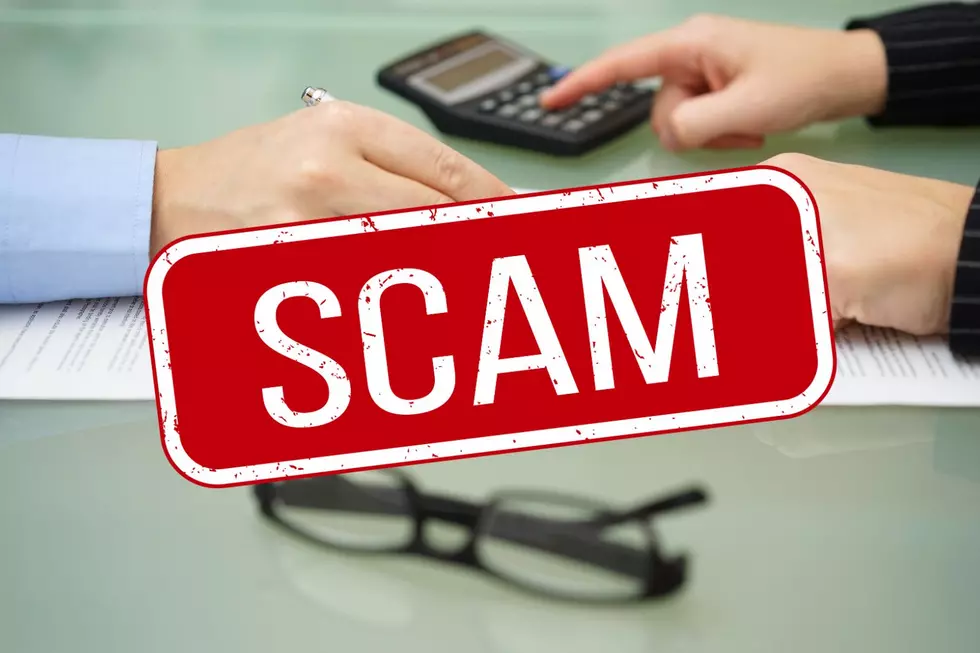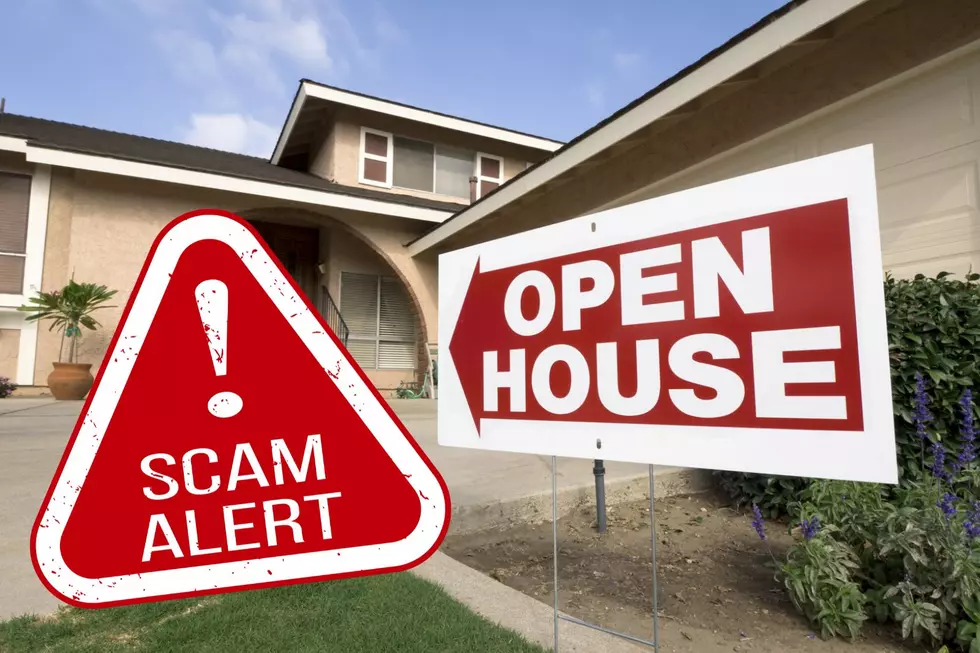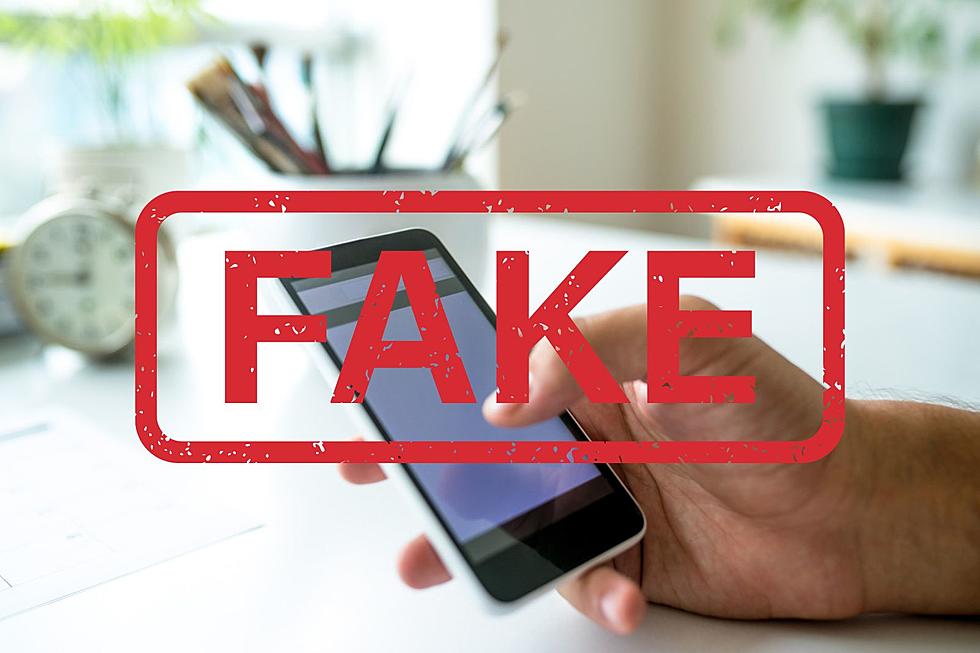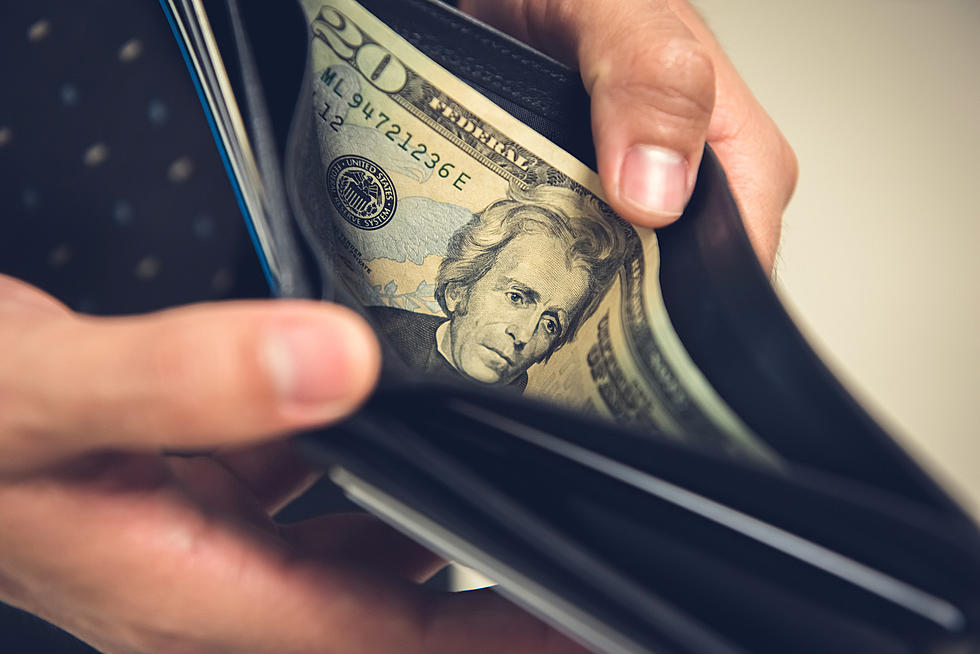
Traffic Light Camera Scam Steals Your Identity, Don’t Let It Happen To You!
I'm sure you've heard of the new fun way to get busted for speeding. You get a picture in the mail of you speeding in your car as well as the ticket you must pay. Well, scammers have been quick to try to use this to their advantage as you will read below. The bottom line, NEVER give your personal information to someone who calls YOU on the phone. Here is how the scam works;
Traffic light cameras are annoying at the best of times, but while some people manage to escape the fines, most of us simply pay up without thinking about it or questioning whether the charge is valid. Tricky scammers are taking advantage of that lazy human tendency, making a handful of money and stealing identities in the process.
Scare tactics
The scam is simple. A no-good type picks your phone number at random and, once you answer, tells you that you have an overdue red light camera fine. The only way to avoid a significant late fee, a court case, or even jail time is to pay the bill right then and there over the phone. If you don't pay up, you're threatened with a warrant for your arrest.
Of course, there was no camera, no photograph, and no overdue bill. The scammer really has no ability to arrest you, fine you, or take you to court.
Taken off guard
The voice at the end of the phone line identifies itself as that of a police officer, possibly even giving you a (phony) identification number. As well as trusting you to be lazy and not do your fact checking, the scammer is working on the element of surprise. It's scary to be told you may be facing a jail sentence over something you have no recollection of doing, and you'll be more inclined to overlook a few simple signs that should tell you that the phone call is anything but legitimate.
After convincing you to pay the fraudulent fine, the "traffic cop" will ask for your credit card information, including the security code. That's required information for paying any bill from a remote location. Alarm bells should start ringing as the questions continue, though, as the caller asks for your billing address, date of birth and Social Security number. Surely, the police would have some — if not all — of this information on file. They have your license plate in the photo from the red light camera, after all.
More From B105









